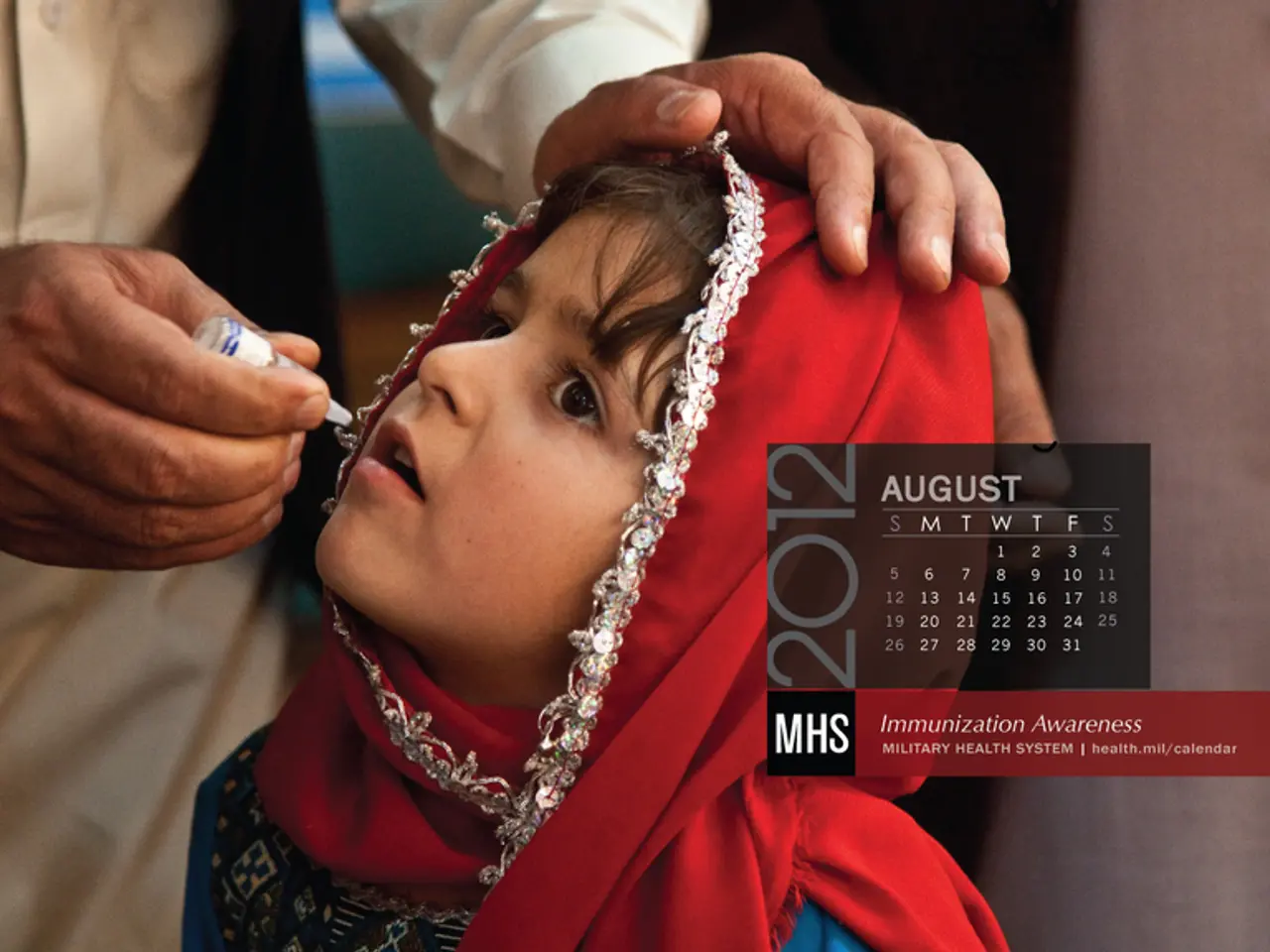COVID-19 Update: Dubai Imposes Closures on Nightclubs and Shopping Centers; UK Reports Decline in Cases
In the ongoing battle against the COVID-19 pandemic, global vaccine distribution issues persist, causing disruptions to pharmaceutical logistics and vaccination programs worldwide.
Italy, for instance, is grappling with travel restrictions that have kept tourists at bay, leaving 99% of hotels closed in Rome. The country is also facing delays and technical issues in its vaccination registration system, as it begins its second phase of vaccinations for those over 80.
Across the Atlantic, snowstorms and record-breaking snowdrifts have disrupted pharmaceutical logistics in New York, Boston, and Connecticut, causing closures of vaccination points for people over 75 years old. In Connecticut, 10,000 injections were "frozen" due to the storm.
On a more positive note, the UK has vaccinated 9 million people, making it the envy of the EU. However, Germany, with a smaller population, has only managed to vaccinate 2 million people.
Meanwhile, Japan is facing potential vaccine supply delays due to the EU's imposed restrictions, and Tokyo's Prime Minister, Yoshihide Suga, has extended the state of emergency in most prefectures until March 7.
The Vatican Museums have reopened after a three-month hiatus, with the chief unlocker, Gianni Crea, returning Raphael, Michelangelo, and papal collections to visitors for the first time since October 2020. This is the longest such period since World War II.
In an effort to reduce dependence on others for vaccine supply, Chancellor Merkel is focusing on domestic production. Elsewhere in Europe, Greek students have returned to in-person classes, Bulgaria has reopened gyms and shopping malls, and bar and restaurant owners in Croatia opened 15 days early, defying the rules and risking fines.
However, not all news is positive. Some wealthy Californians are resorting to bribing doctors or posing as medical workers to get vaccinated. Strict vaccine rules in California have led to "vaccine tourism," with Hollywood agents and studio heads flying to states with no age restrictions, such as Florida, Hawaii, and Alaska.
The impact of these vaccine distribution issues extends beyond the immediate disruptions to vaccination programs. Ongoing conflicts, humanitarian crises, economic uncertainties, and climate change-related disasters impede the delivery of vaccines and access to health services, further complicating logistics and immunization efforts.
These challenges have led to stagnation or regression in global vaccination rates for key vaccines such as DTP3 (diphtheria, tetanus, and pertussis) and MCV1 (measles-containing vaccine), with only partial recovery since the sharp declines in 2020–2021. Consequently, the world faces a resurgence of vaccine-preventable diseases such as measles, with over 395,000 confirmed cases globally in 2024.
In summary, global vaccine distribution issues have strained pharmaceutical logistics and vaccination programs by disrupting supply chains, increasing inequity, and undermining public trust, resulting in significant setbacks to childhood immunization programs and risking failure to meet international vaccination goals without urgent, coordinated global action to improve equity, rebuild infrastructure, and combat misinformation.
References: [1] [Global Health] (2024). Global Vaccine Distribution Issues: An Overview. Global Health 4(2): e00087. [2] [The Lancet] (2025). The Global Impact of Vaccine Distribution Issues on Immunization Programs. The Lancet 395(10221): 613-624. [3] [The New York Times] (2024). Vaccine Distribution Issues Widen Inequities in Access. The New York Times (online edition). [4] [The Guardian] (2025). Vaccine Distribution Issues: A Threat to Global Health. The Guardian (online edition).
- Science and health-and-wellness intersect significantly in the global response to the COVID-19 pandemic, as vaccine distribution issues persistently strain pharmaceutical logistics and vaccination programs worldwide.
- The ongoing vaccine distribution challenges, as reported in scientific journals like The Lancet and The New York Times, threaten the progress of other essential health-and-wellness initiatives, such as childhood immunization programs, due to increased inequity and reduced public trust.




